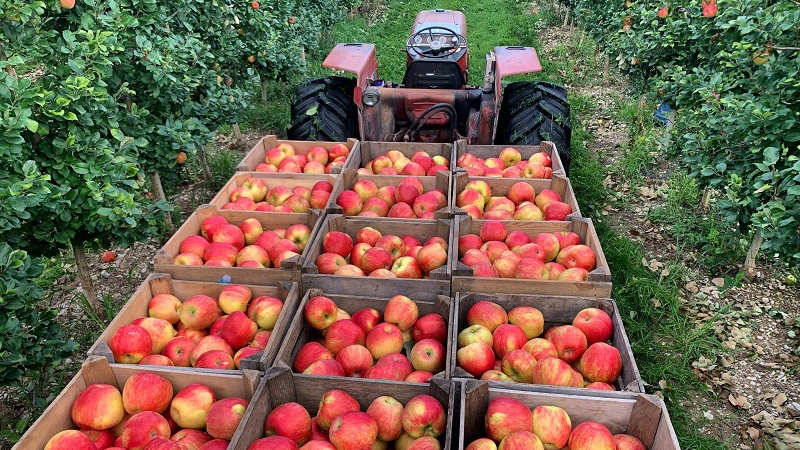Leafy Green Growers Must Stay In Step With Food Safety Measures

Food safety is such a common term these days. It’s hard to attend a grower trade show or conference without seeing a workshop or even a whole series of seminars. With last year’s passage of the Food Safety Modernization Act (FSMA), it quite literally became a federal issue. It’s easy to think the term has long been near the top of every food producer’s agenda, but that really isn’t true at all.
It was just a little more than five years ago that the California Leafy Green Products Handler Marketing Agreement (LGMA) came into being. In the wake of a tragic E. coli outbreak on spinach that killed four people in the fall of 2006, a group of industry people got together and decided change was in order. They came up with the LGMA, a unique program forging new ground, and, as Scott Horsfall, the LGMA’s chief executive officer states, its founders were determined not to forget the outbreak’s victims.
It may have been novel then, but today it’s nearly omnipresent among California growers of leafy green vegetables, notes Horsfall. Today 99% of the leafy greens produced in California come from more than 100 LGMA members. Another big producer of leafy greens, Arizona, has established a sister program. Add it all up and approximately 90% of U.S. leafy greens production is grown and harvested in accordance with the LGMA program.
Horsfall says they are continuing to work to spread the word about LGMA. They have done sponsored programs at the annual Produce Marketing Association each of last four years to build awareness of the program and recognize people in the industry. “Our program has become something of a model,” he says. “We wanted to recognize other industry segments who have used the public/private partnership such as the California tomato and cantaloupe growers.”
Tough On Violators
LGMA has worked out well in that while they continue to see violations — they wouldn’t be doing their job if they didn’t — they haven’t had to take any severe measures.
“We haven’t had a decertification in a couple of years now, which is evidence to us that people continue to focus on the problems they do have, and everyone is striving to build that culture of food safety on the farm,” he says.
There are four levels of violation, from minor to flagrant. A flagrant violation is one that the company should have known better, and should have been in a position to prevent it from happening in the first place. For example, in one instance a company had mowed over feces in a field and the boxes were already packed.
“We called the local health department as well; if it’s that egregious, that’s it,” he said. “Most of others have been lesser violations that the company didn’t take seriously, something on the order of a port-a-potty that was missing a training log. That can happen, but they must have a corrective action plan in five days.”
When LGMA started, by far most of the transgressions occurred when growers didn’t take the program’s dictates to heart. “Any problem can become a violation if people don’t take it seriously. But those violations, like falsifying paperwork, largely don’t happen any more,” he said. “We look at the program as something designed to raise the bar for food safety. We’re not looking to kick people out; we want the entire industry to ship at a high level.”
Some of the decertified companies have not come back into the business, but Horsfall says there may be other issues involved.
Cutting Costs
Horsfall is also proud of the LGMA’s efficiency. Part of that is the level of training. Early on LGMA required a lot of training costs for auditors, but their efficiency has quite literally paid off. When the program began the assessment was 2¢ per 24-count equivalent, and that is now down to 1.5¢.
As for the immediate future, he hopes to more closely align the LGMA with global programs such as the Global Food Safety Initiative (GFSI). Work in that area, to generate GFSI certification for members, has definitely picked up speed in the past year. “We have made progress,” says Horsfall, “but I’d be hesitant to put a time line on it.”
Also, in perhaps even the nearer future, Horsfall thinks the FSMA will be released in a manner of months, and the LGMA’s members will be in the thick of that discussion. “We are at the forefront of a model that people will find more and more successful, the private/public partnership,” he says. “Government won’t have any more money, yet this is an area where regulation is needed. That’s why this is a model that makes a lot of sense.”









